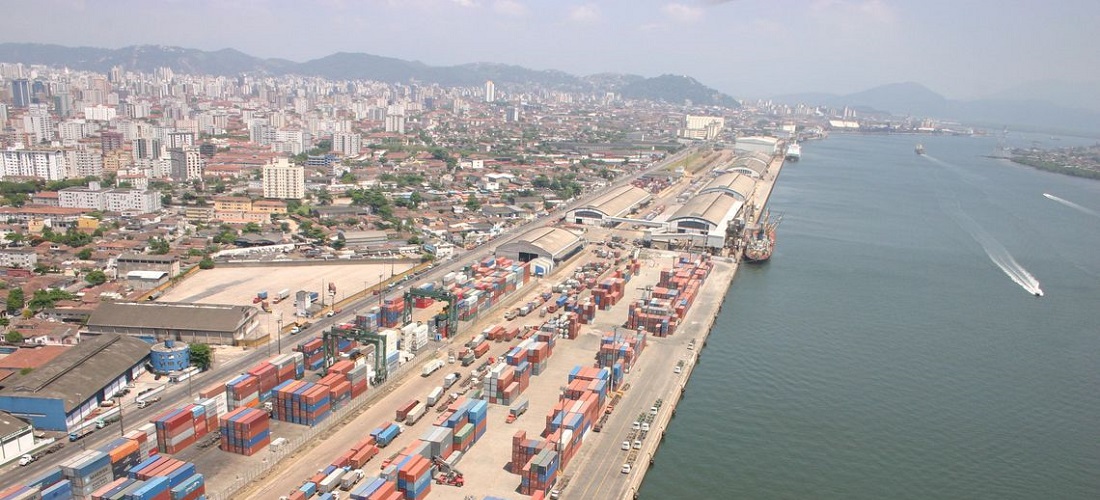
Study shows THC prices have significant differences between major port complexes in the country
Nov, 25, 2019 Posted by Sylvia SchandertWeek 201948
A study developed by the Superintendency of Performance, Development, and Sustainability (SDS) of the National Agency for Water Transport (ANTAQ), pointed out that the figures disclosed by four major maritime carriers (CMA-CGM, ONE, Hapag-Lloyd, and Hamburg Süd) vary significantly in the national ports covered by the study.
The values for the Santos Complex THC as the source of the port operation ranged from US$164 to US$212 per 20-foot container, depending on the sea carrier.
From the Port of Pecém, such values ranged from US$155 to US$195 per container. In turn, the Port of Rio Grande ranged from US$199 to US$236. For the Itapoá-São Francisco do Sul complex, the values ranged from US$135 to US$180. Lastly, the values from the Port of Suape ranged from US$283 to US$315 per 20-foot container.
The Brazilian ports/port complexes considered were: Santos (SP), Itajaí-Portonave (SC), Paranaguá-Antonina (PR), Rio Grande (RS), Itapoá-São Francisco do Sul (SC), Manaus (AM), Suape-Recife (PE), Pecém-Fortaleza (CE), which together accounted for 85% of container handling in the country in 2018.
The Terminal Handling Charge (THC) is the price charged for cargo handling services between the port terminal gate and the vessel’s side, including the transitory storage of cargo for the term contracted between the carrier, or its representative, and port facility or port operator, in case of export, or between the vessel’s side and its placement in the port terminal stack in case of importation.
The complete study will be available soon on ANTAQ’s website.
-
Economy
Nov, 03, 2023
0
ECLAC: Value of Exports in LAC Expected to Drop by 2% This Year
-
Ports and Terminals
Feb, 10, 2020
0
TCP throughput up 29% in January
-
Environment
Mar, 10, 2023
0
Suape to speed up H2V production with British aid
-
May, 09, 2023
0
Portonave aids in successful import of Brazilian Air Force GRIPEN F-39 fighters



